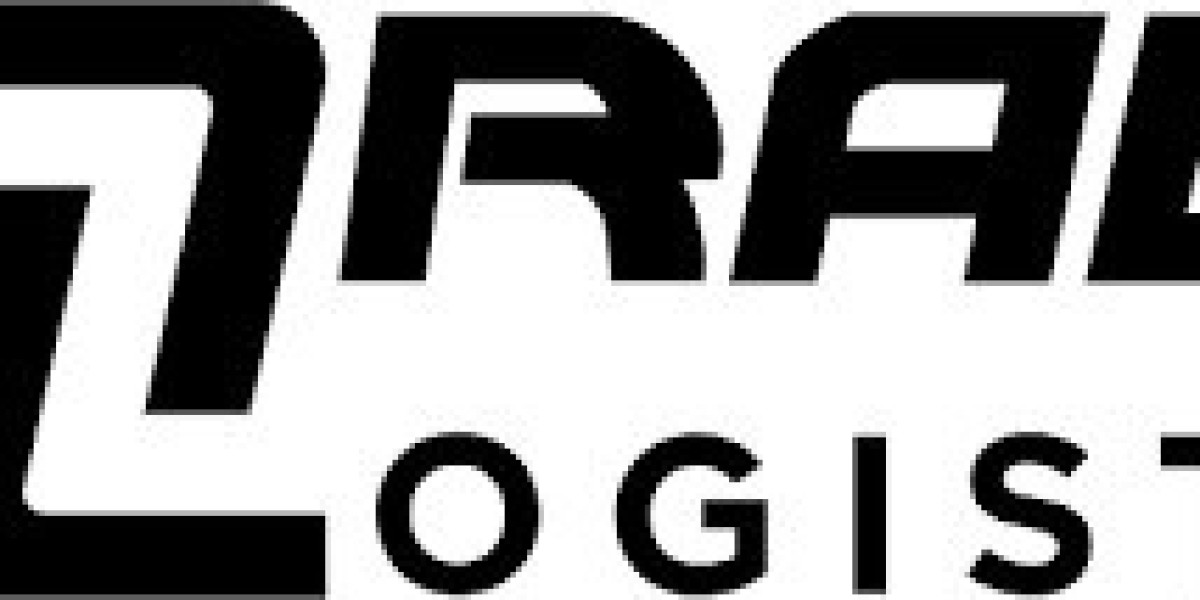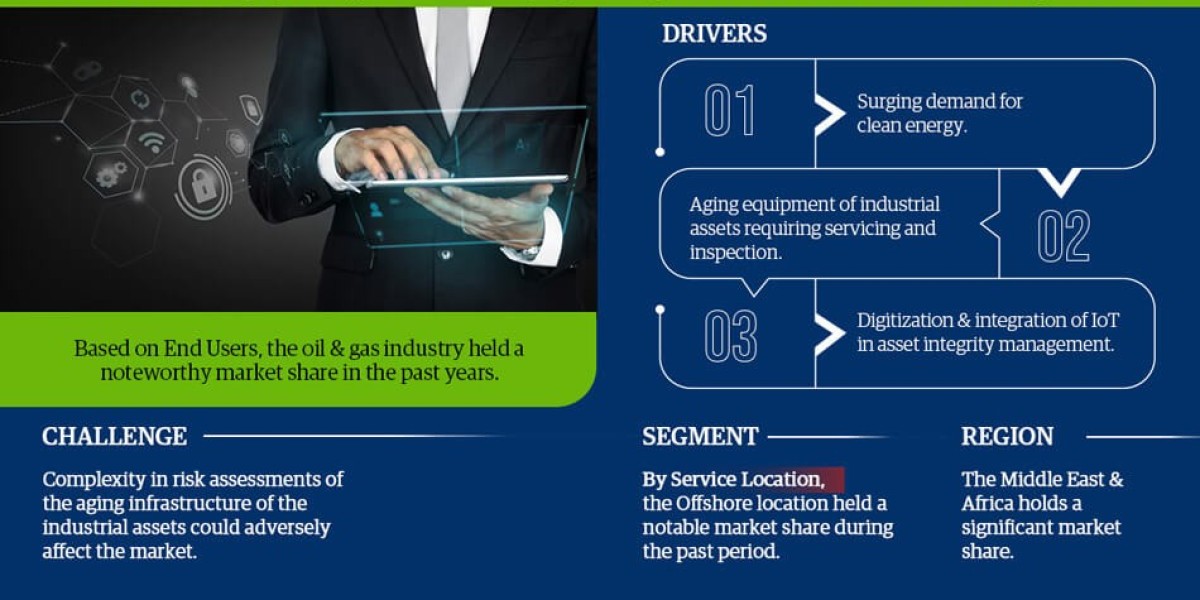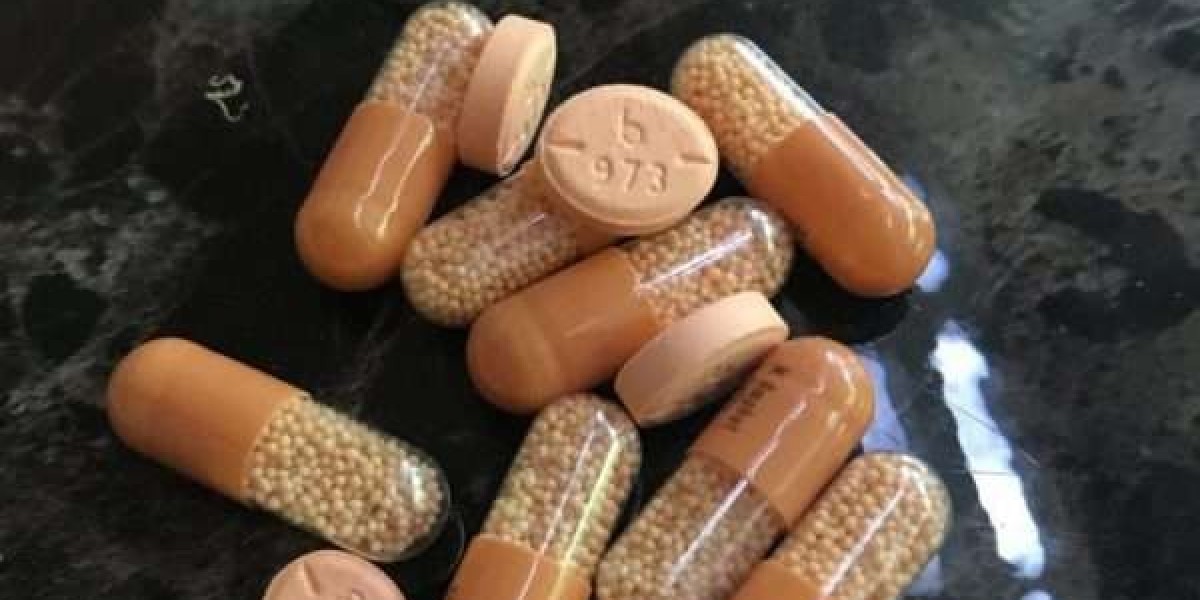In the fast-paced and highly regulated world of pharmaceuticals, logistics plays a pivotal role in ensuring that life-saving medicines and healthcare products are delivered safely, efficiently, and compliantly. Pharma logistics solutions are specialized services designed to handle the unique challenges of transporting pharmaceutical goods. From temperature control and regulatory compliance to real-time tracking and risk management, these solutions are tailored to meet the strict demands of the healthcare industry.
This article explores what pharma logistics solutions entail, why they are crucial, and how modern technologies are reshaping the pharmaceutical supply chain.
Understanding Pharma Logistics
Pharma logistics refers to the comprehensive Pharma Logistics Solutions management of the storage, handling, and distribution of pharmaceutical products. These include:
Prescription drugs
Over-the-counter (OTC) medications
Vaccines and biologics
Clinical trial materials
Medical devices
Active pharmaceutical ingredients (APIs)
Unlike general logistics, pharma logistics requires strict adherence to quality standards to preserve the efficacy and safety of the products. A small deviation in temperature, humidity, or delivery time can render a drug ineffective or even dangerous.
Key Components of Pharma Logistics Solutions
Cold Chain Management
Temperature-sensitive products, such as vaccines and biologics, require storage and transport within a specific temperature range (e.g., 2–8°C or -20°C). Pharma logistics providers offer insulated packaging, refrigerated trucks, and specialized containers with real-time temperature monitoring to ensure cold chain integrity.Regulatory Compliance
Pharmaceutical shipments must comply with global regulations such as:
Good Distribution Practices (GDP)
Health Canada standards
U.S. FDA and EMA guidelines
Failure to comply can result in fines, shipment rejections, or legal action.
Inventory and Warehouse Management
Warehousing for pharmaceuticals includes:
Temperature-controlled storage
Clean and contamination-free environments
Barcode and RFID-based tracking systems
Secure access control for sensitive or controlled substances
Transportation and Delivery
Pharma logistics providers offer:
Dedicated pharma fleets
Express delivery for time-critical shipments
Route optimization and contingency planning
Proof of delivery and chain-of-custody documentation
Real-Time Monitoring and Visibility
Using GPS tracking, IoT sensors, and cloud platforms, pharma logistics ensures real-time visibility into:
Location
Temperature
Humidity
Shock and vibration levels
This allows proactive intervention in case of any anomalies.
Risk Management and Security
Pharmaceuticals are high-value goods prone to theft, counterfeiting, and spoilage. Effective logistics solutions include:
Tamper-proof packaging
Secure transit routes
Insurance and risk assessment services
Importance of Pharma Logistics in Global Healthcare
Pharma logistics is not just about transporting goods—it directly impacts patient health and safety. Efficient logistics can:
Prevent stockouts in hospitals and pharmacies
Enable faster vaccine deployment during health emergencies
Support clinical trials and drug development programs
Ensure equitable access to medicines across regions
As the pharmaceutical industry becomes more globalized, with drugs often manufactured in one country and consumed in another, the role of logistics providers becomes more critical.
Technology Driving Modern Pharma Logistics
Blockchain Technology
Used to create a secure and transparent supply chain. It helps combat counterfeit drugs and ensures complete traceability from manufacturer to end user.AI and Predictive Analytics
Artificial intelligence is used to forecast demand, optimize routes, and detect potential disruptions in supply chains before they occur.IoT and Smart Packaging
Internet of Things (IoT) devices embedded in packaging can provide real-time data on environmental conditions, location, and package integrity.Automation and Robotics
In warehouses, automation helps manage inventory more efficiently and reduce human error, especially in high-volume environments.
Choosing the Right Pharma Logistics Partner
When selecting a logistics partner for pharmaceutical goods, consider the following:
Certifications (e.g., GDP, ISO, Health Canada approval)
Experience in handling pharmaceutical and biotech products
Global and local network of transport and storage facilities
Advanced technology for real-time tracking and monitoring
Customized solutions based on the type and sensitivity of your products
Conclusion
The pharmaceutical industry relies heavily on logistics to bridge the gap between innovation and patient care. Whether it’s getting essential medication to a rural clinic or delivering a new vaccine globally, pharma logistics solutions ensure that products arrive in optimal condition, on time, and in full compliance with regulations.
As demand for pharmaceuticals continues to grow and supply chains become more complex, investing in reliable, tech-enabled, and compliant logistics services is no longer optional—it’s essential. The future of healthcare depends on it.









